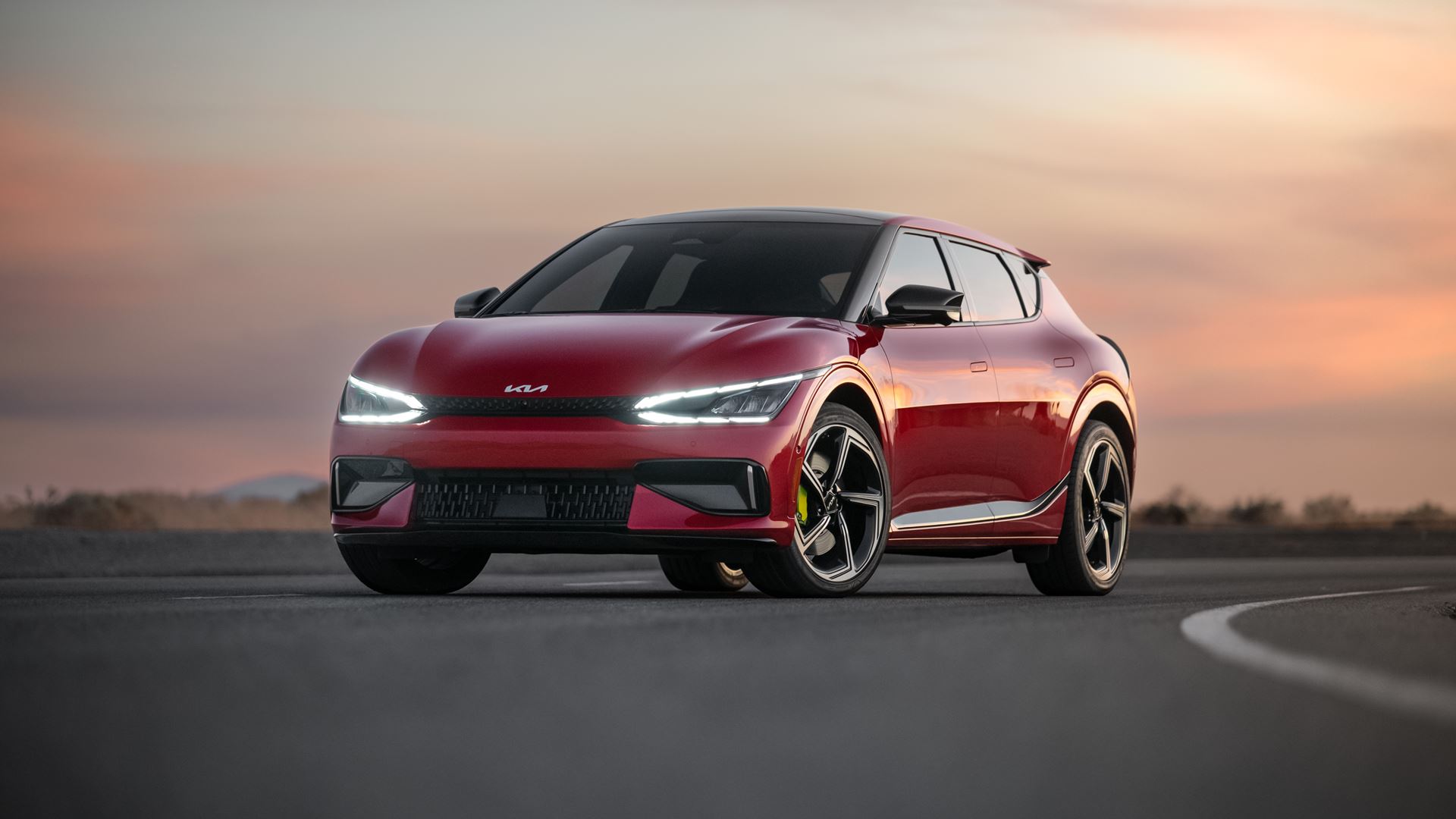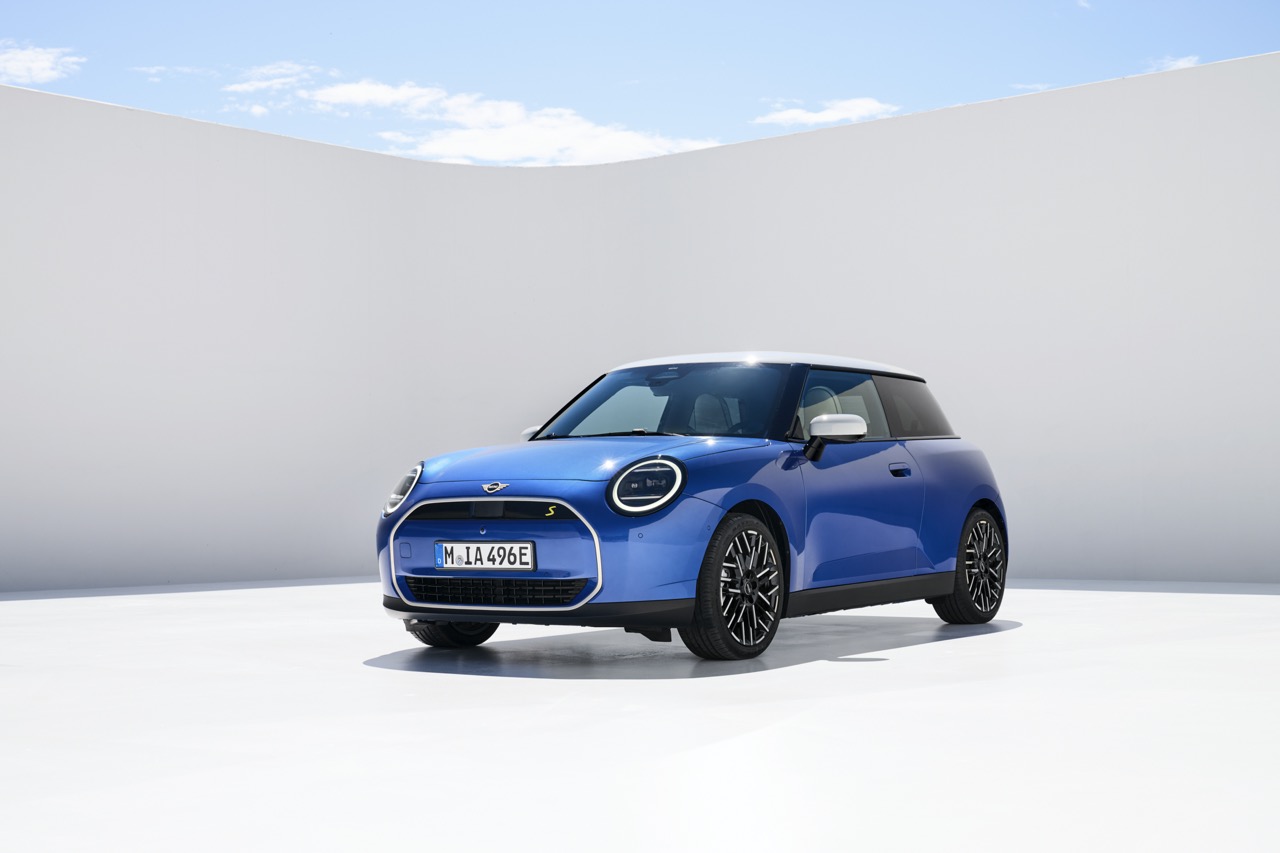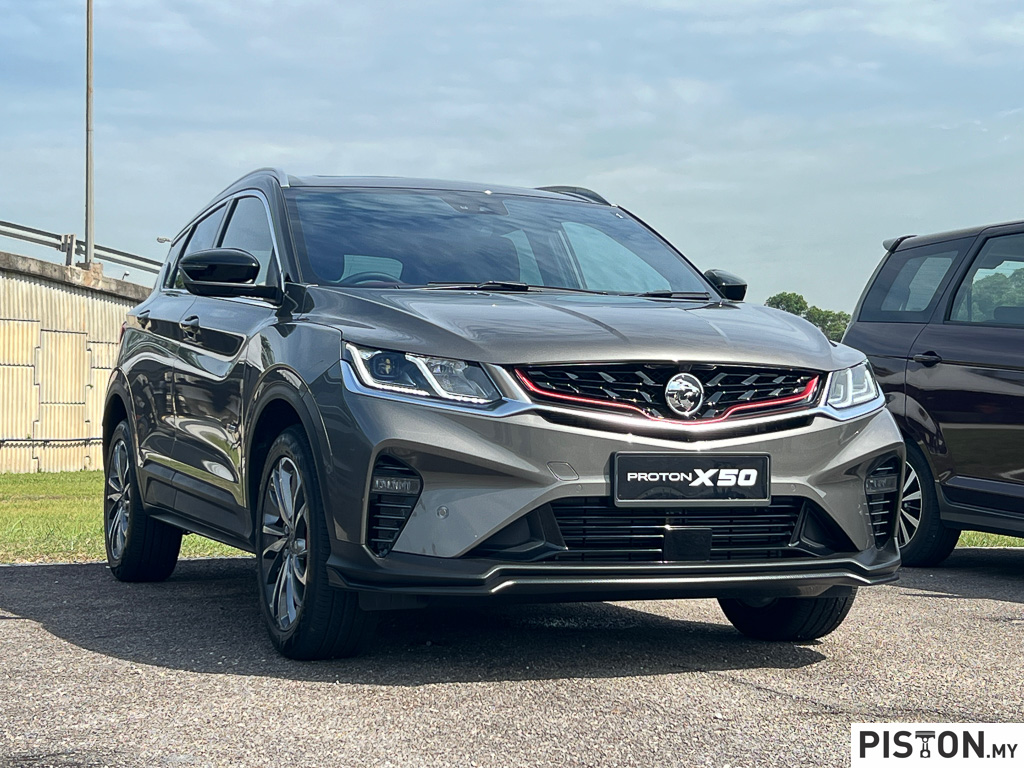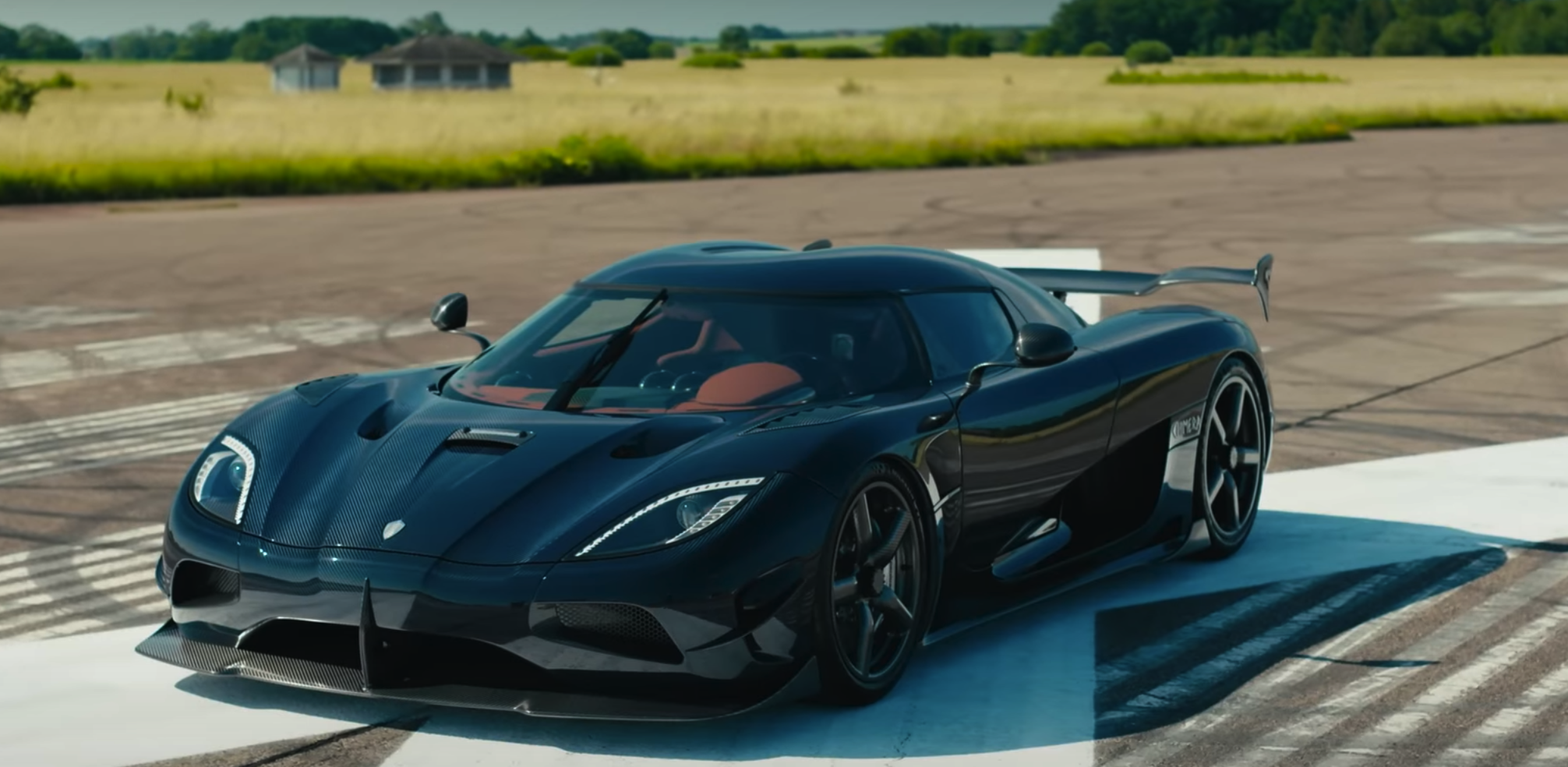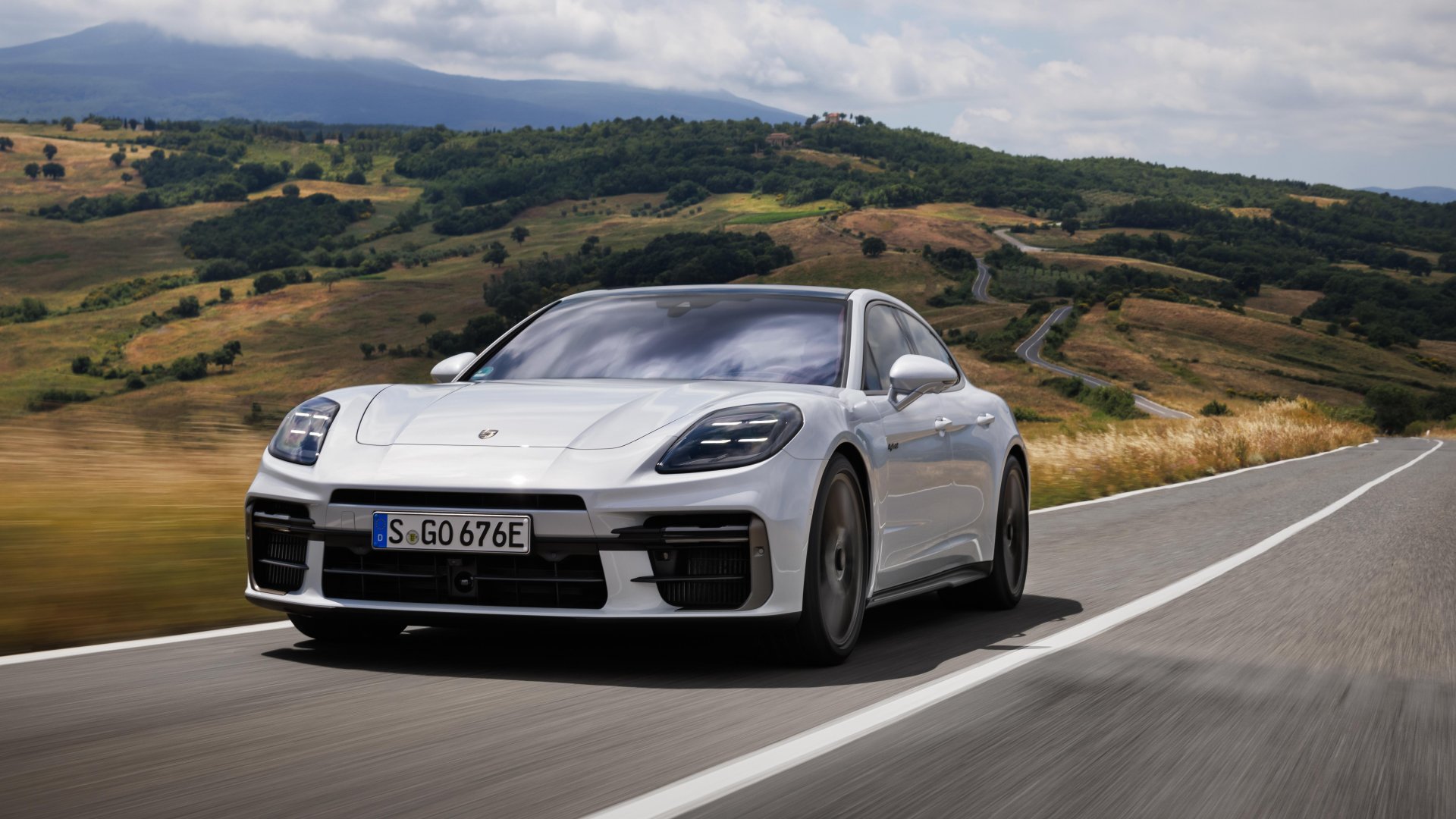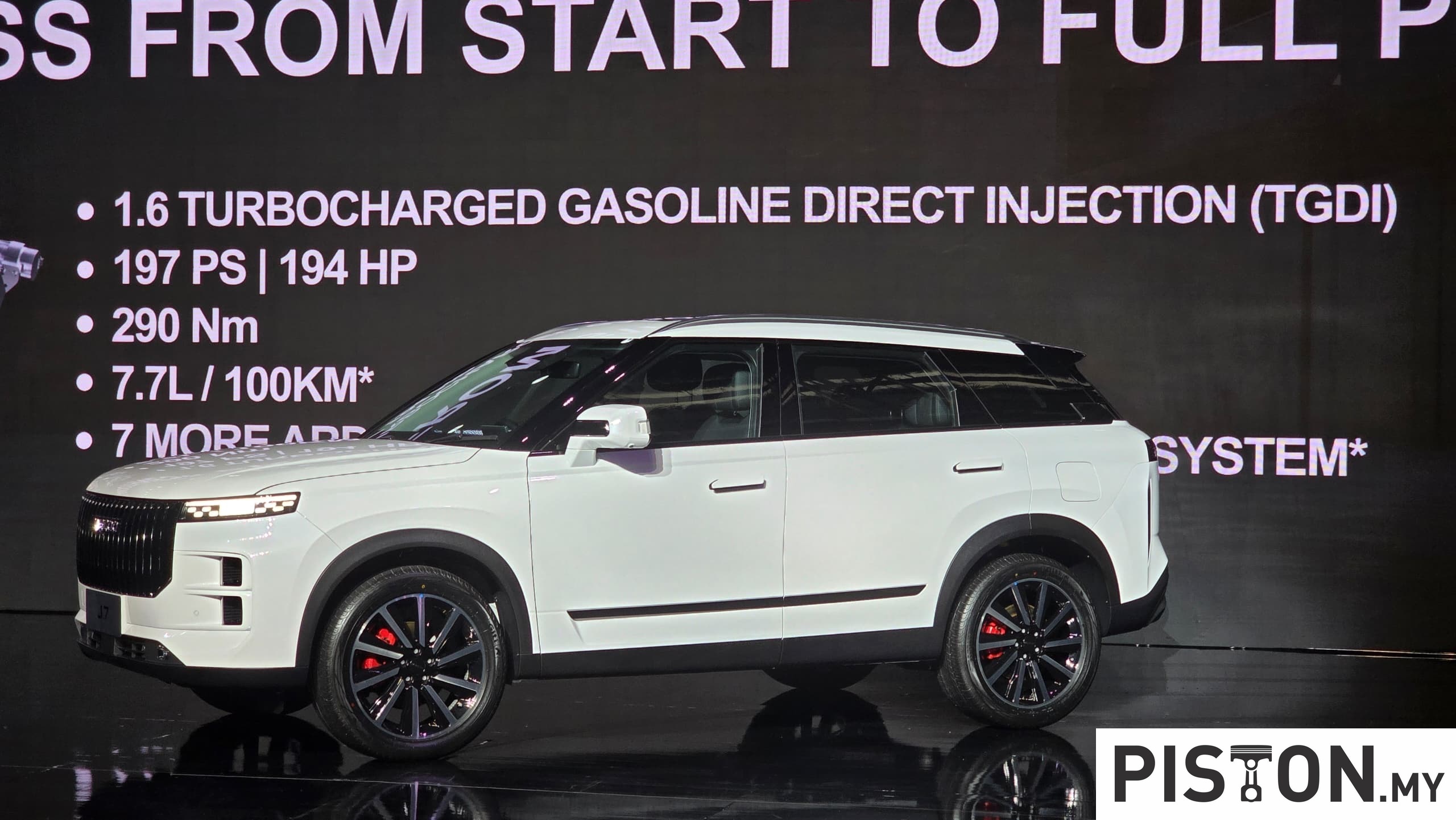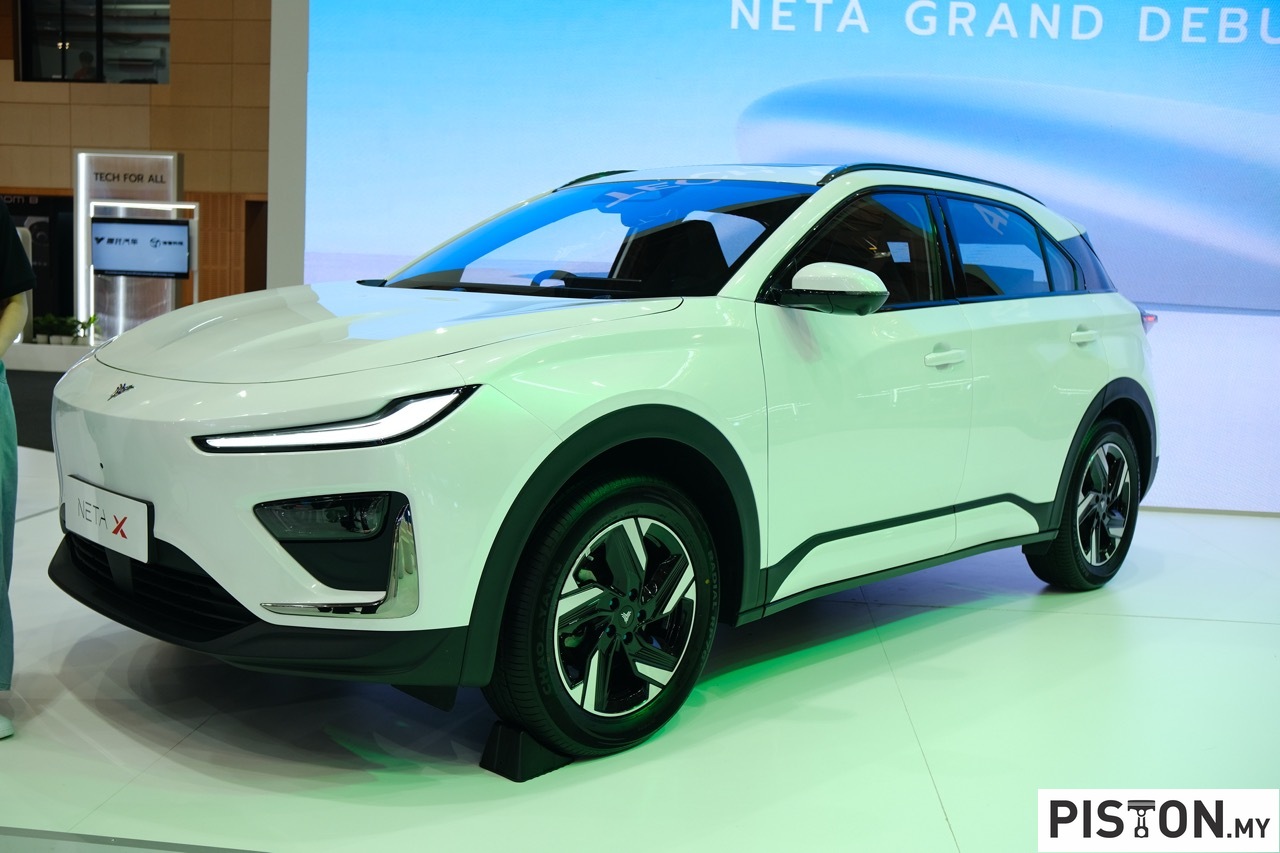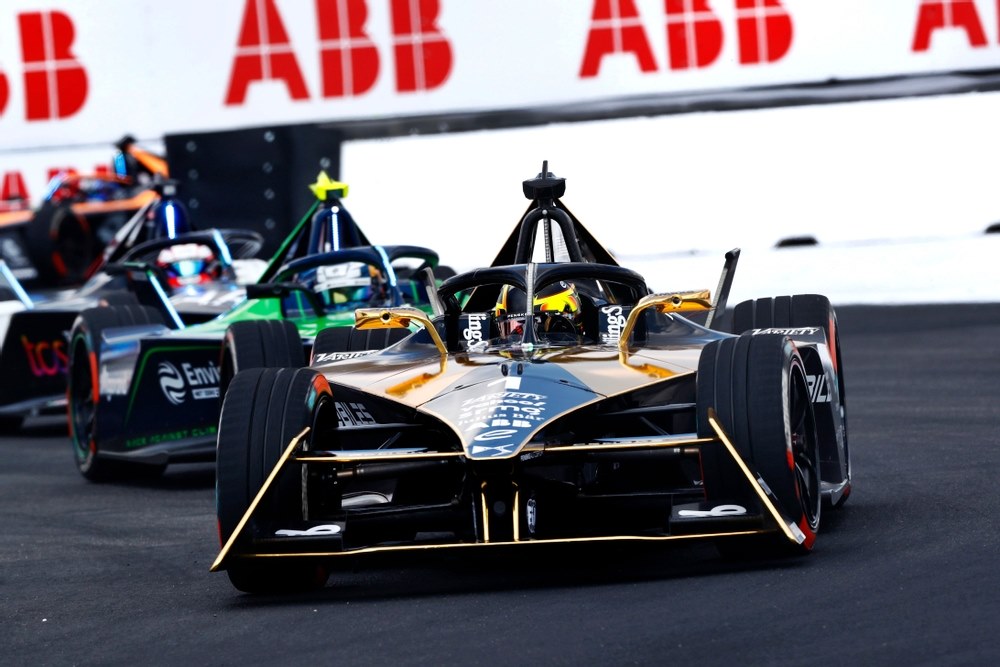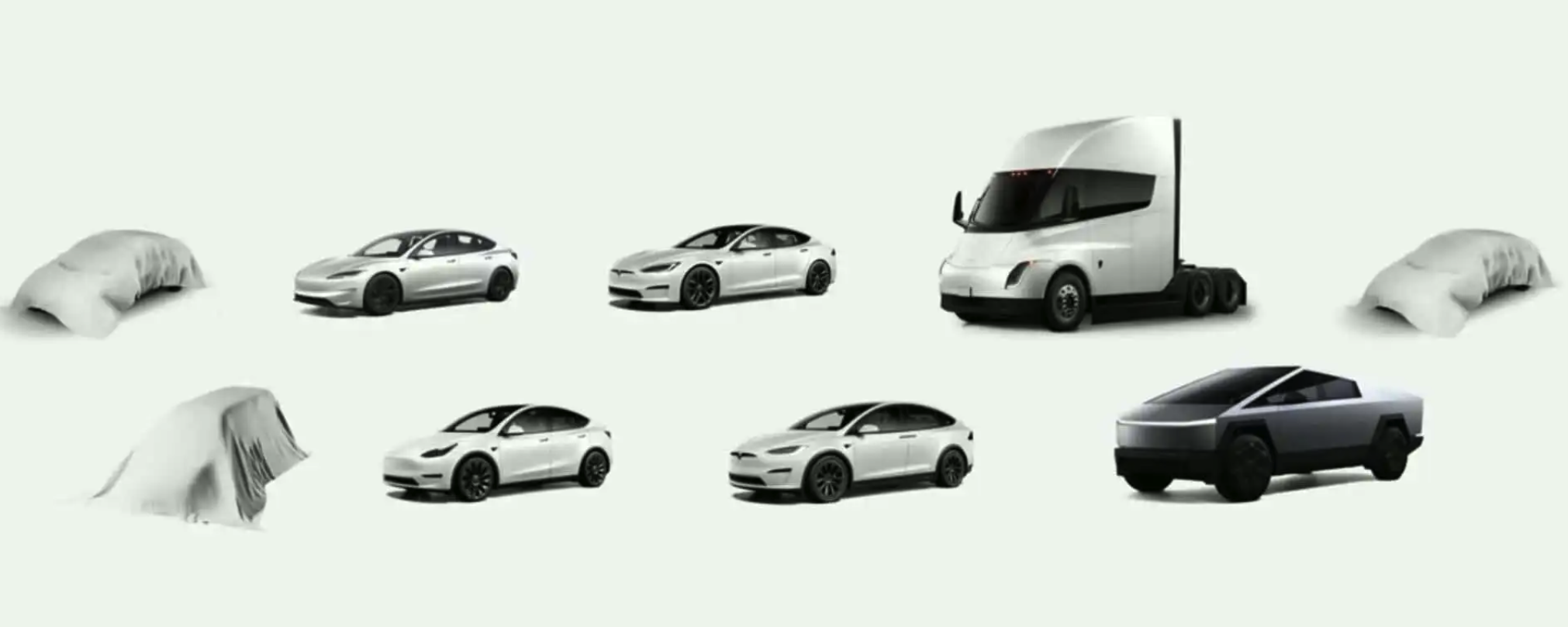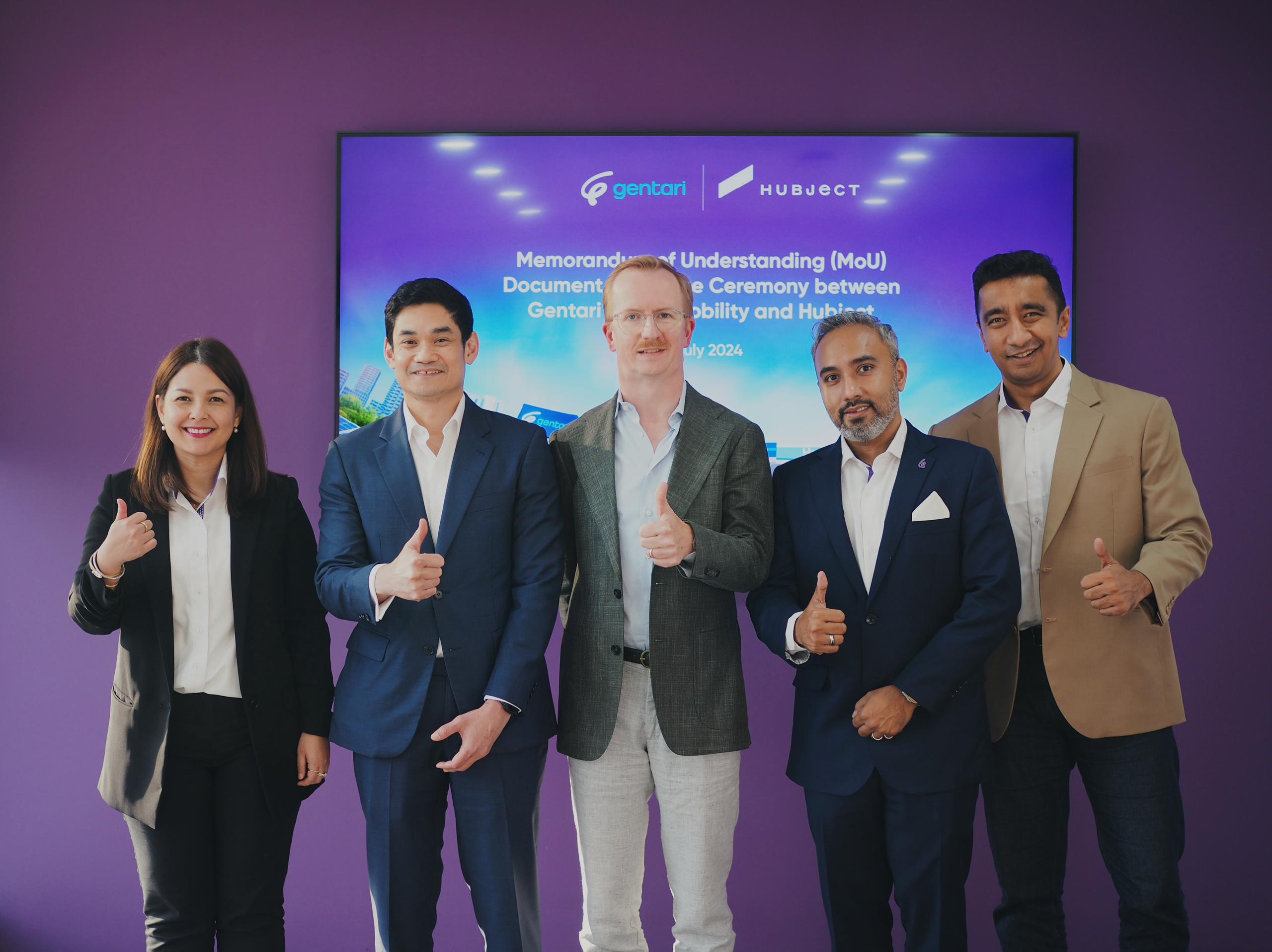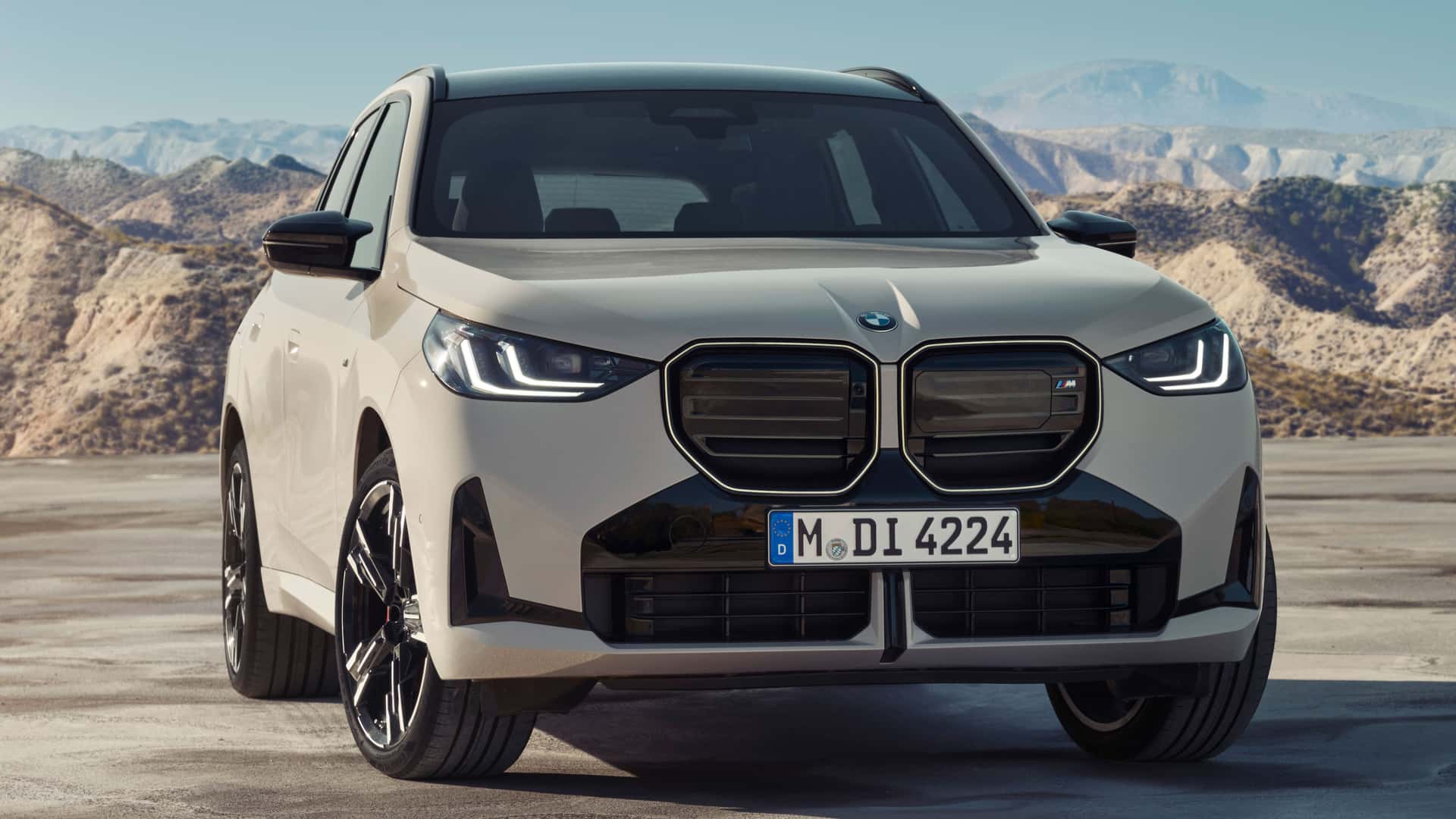Kia Corporation to cross the 4-million mark in global sales by 2026, with 25% of the volume made up of electric vehicles (EVs) as its long-term strategy focusses on electrification. By the end of the decade, the Korean carmaker which is part of the Hyundai Motor Group, aims to achieve an annual sales target of 4.3 million units.
It also plans to become a leading EV brand by raising the proportion of electrified car sales to 55% (2.38 million units) in 2030. This is a 7.5% (300,000 units) increase from the 2030 target announced last year, while the global sales target for electrified vehicles has increased by 15.5% (320,000 units).
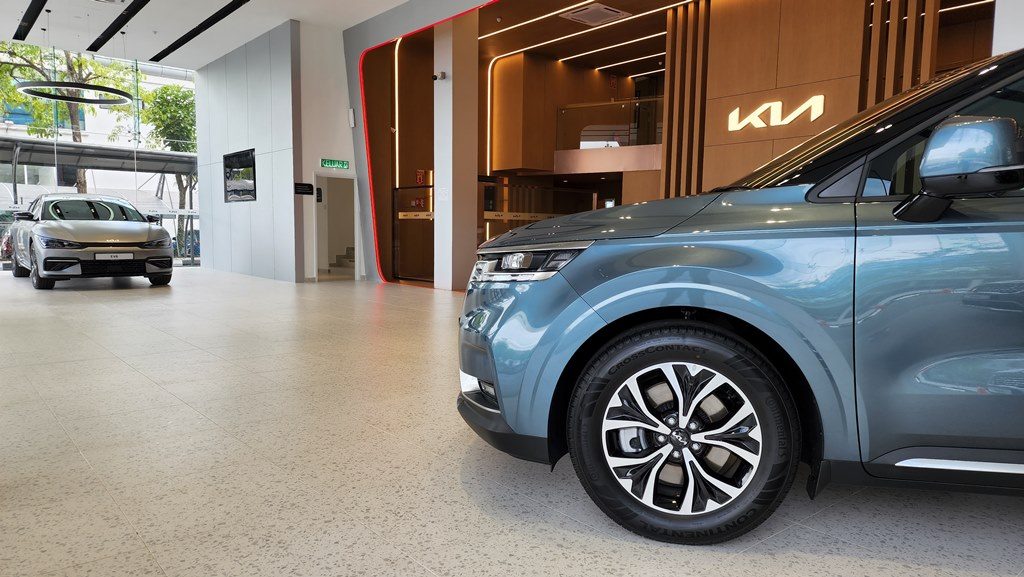
Updated goals
These are among the targets mentioned during the Kia CEO Investor Day where the company announced updated goals and specific details of its business strategy. Kia first unveiled its medium to long-term strategy entitled ‘Plan S’ in 2020, which focuses on a pre-emptive transformation towards an EV-focused business and providing customized mobility solutions.
The 2023 event also provided a detailed blueprint for the purpose-built vehicle (PBV) business. In 2025, the carmaker plans to launch a mid-size dedicated PBV model which will be made at a dedicated production facility in Hwaseong, Korea. Thereafter, it will gradually build a full line-up of PBVs, ranging from small to large, including a robo-taxi with autonomous driving technology.
In addition, the company plans to commercialize data and software-based solutions to introduce customized products and services for the diverse needs of customers, and to develop mobility services in connection with Hyundai Motor Group’s Advanced Air Mobility (AAM) and robotics businesses.

Strengthening competitiveness
To achieve the targeted mid-to-long term financial performance, the long-term financial goals include growing gross revenue to KRW 160 trillion (1,000 KRW = RM3.35) in 2030, an 84% increase from 2022; increasing operating profit to KRW 16 trillion, a 122% improvement over 2022; and increasing operating profit margin to 10%, 1.6 percentage points uplift over 2022.
To strengthen future competitiveness, Kia plans to invest KRW 32 trillion over the next 5 years until 2027. In particular, it will increase the portion of investment in future businesses to 45%.
Implementation of its Plan S strategy over the past 3 years has seen the brand moving towards a strong position as a leading global EV brand. The company will maintain momentum and will continue to pursue its 4 core goals set last year to achieve its new goals for 2030. This will call for strengthening product competitiveness with a focus on autonomous driving technology and connectivity; and establishing a tailored PBV business structure.
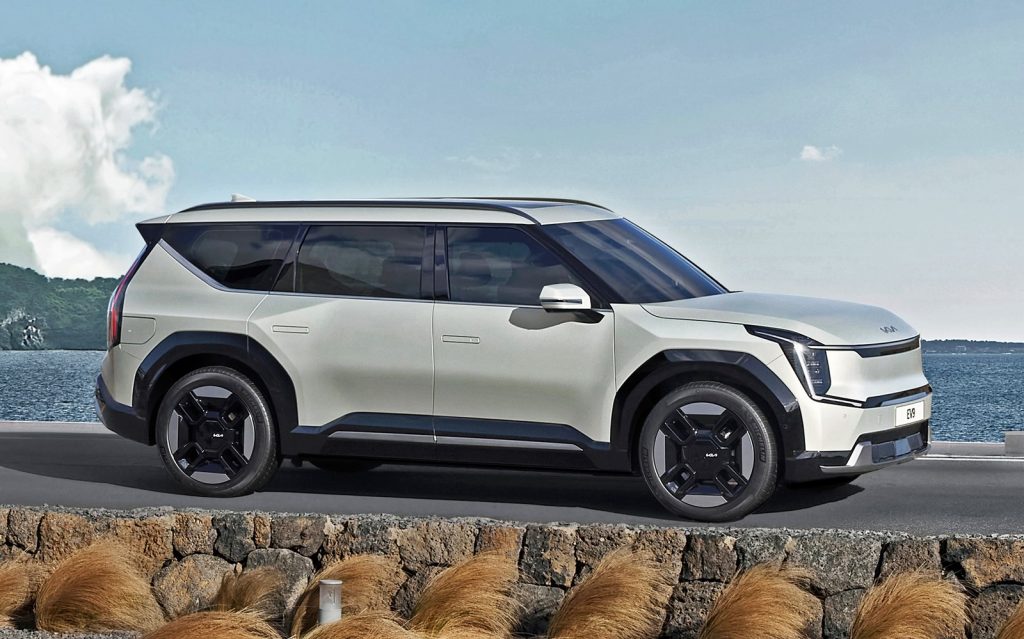
Expanded EV line-up
To further accelerate its electrification efforts, Kia plans to expand its EV line-up. By 2027, the line-up should consist of no less than 15 models. With the expansion of its EV line-up, Kia plans to rapidly increase EV sales. In order to respond to fast-growing EV markets, some of the strategic models will be locally assembled to drive regional sales. Malaysia has been identified as one of the markets.
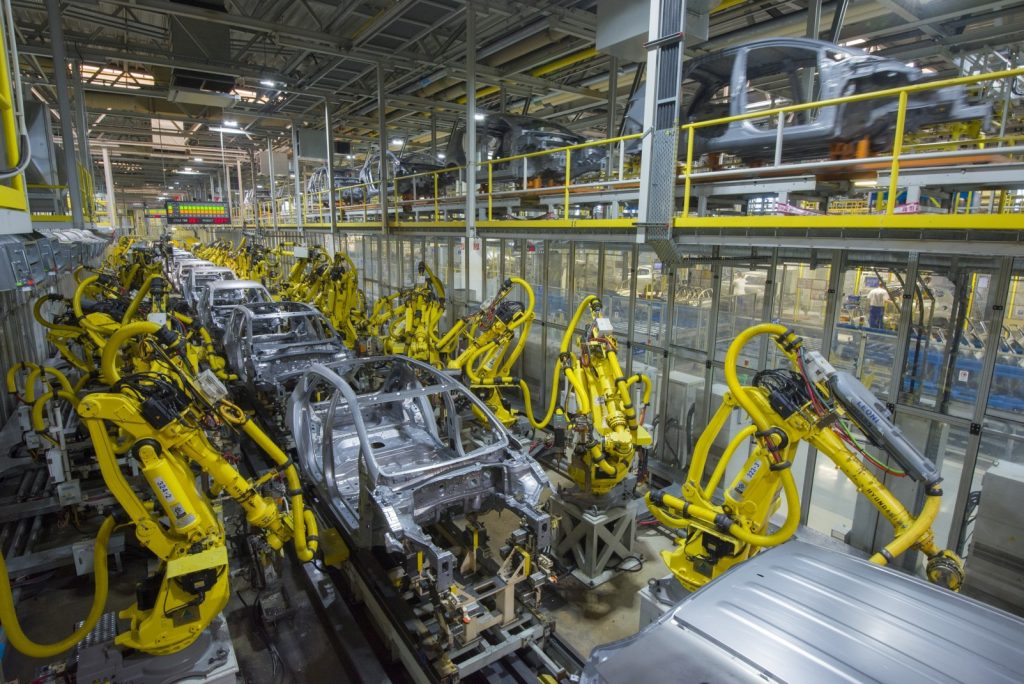
Korea will serve as a global hub for research, development, and main production of EV models at a dedicated EV factory in Korea to be operational next year. The Gwangmyeong EV factory will maximize production capacity by introducing cutting-edge innovative technologies such as a 3D virtual reality process; data-based integrated manufacturing platform; and unmanned and automated facilities.



